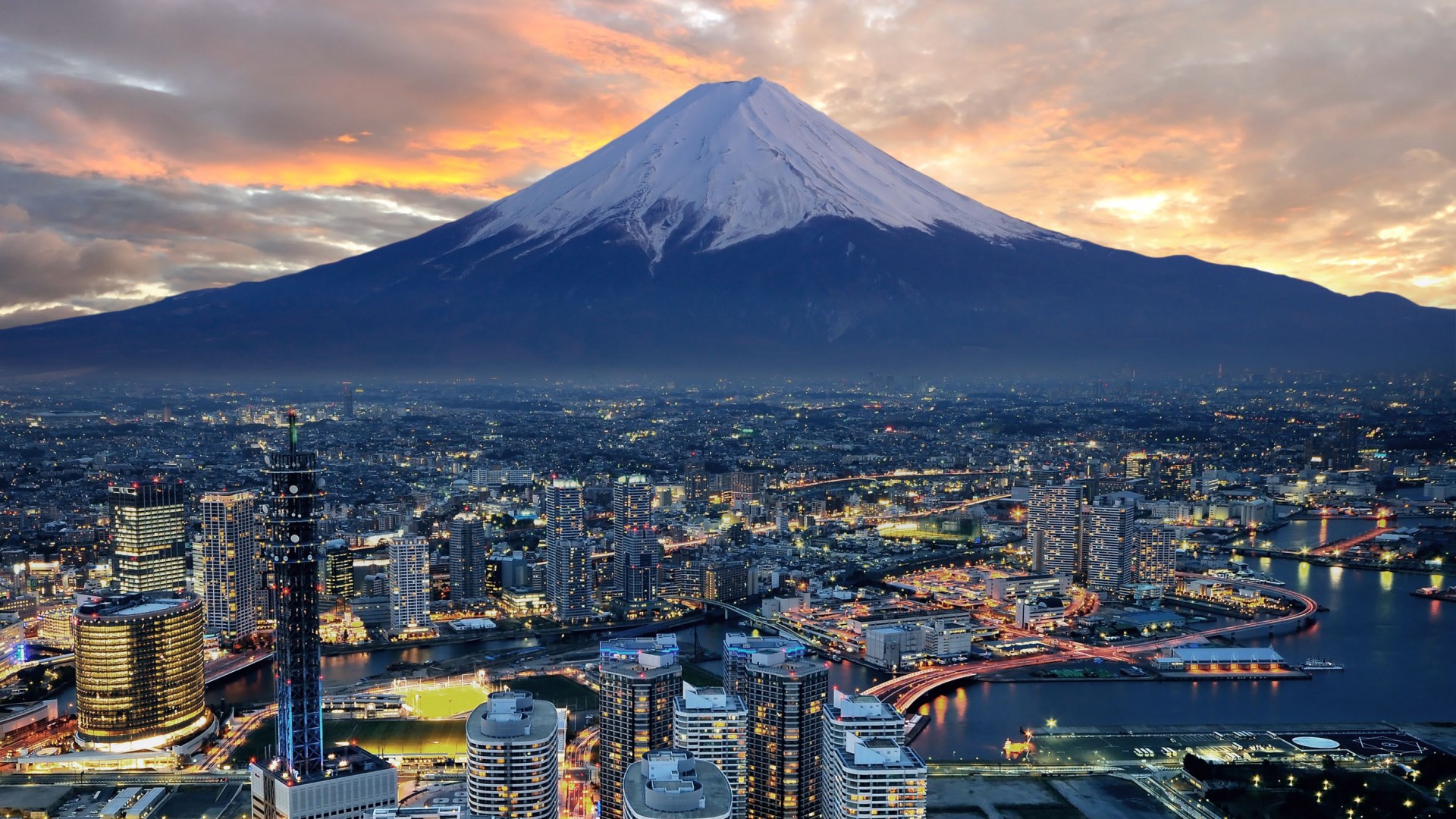Innocent people confess
articles explain why innocent people confess in Japanese jurisdiction system because they just want to get out of intense interrogation and get it over and done with. So you can be in serious trouble if you get arrested in Japan..
After reading interesting articles about the world’s longest serving inmate in Japan, I became curious..I knew this from the documentary and TV dramas. Japanese police puts suspects through intense interrogation. It is so intense that innocent people end up confessing just so she or he can rest or eat, and sleep. Why does the Japanese justice system prize confessions so much? “It is the kind of evidence. If you can get someone to confess to a crime, the court is going to find them guilty,” says Jeff kingston of Temple University in Tokyo. Japan has a conviction rate of over 99%, most of which are secured on the back of a confession. Emphasis on confessions is also due to limited investigative powers that they have. “The police in other countries can have plea bargaining, undercover operations and wire-tapping, so they rely on these techniques. In Japan, we are not allowed these powers to all we can do is to rely on confessions.” (bbc news)
The Japanese authorities have long relied on confessions to take suspects to court, instead of building cases based on solid evidence. Human rights groups have criticized the practice for leading to abuse of due process and convictions of innocent people. Calls for reforms in the criminal justice system have increased, even as Japan is to adopt a jury-style system in 2009 and is considering allowing victims and their relatives to question defendants in court. The law allows the police to detain suspects for up to 23 days without an indictment. Suspects have almost no contact with the outside world and are subject to constant interrogation, a practice that has long drawn criticism from organization like the United Nations Human Rights Committee and Amnesty International .There is no pre bargaining in Japan and prosecutors bring only those cases they are confident of winning. (read more on newyorktimes)
A new film about wrongful arrest by one of Japan’s most respected directors, Masayuki Suo, has just opened to critical acclaim. The movie, entitled “I just didn’t do it”, is based on a true story about a young man who was accused of molesting a schoolgirl on a crowded train-and refused adamantly to sign a confession. Thanks to support from friends and family, the real-life victim family won a retrial after two years of protesting his innocence. The film shows how suspects, whether guilty or innocent, are brutalized by the Japanese police, and how the judges side with the prosecutors. Prosecutors are ashamed of being involved in an acquittal and fear that losing a case will destroy their careers. Juries do not exist in Japan, though there is a talk of introducting a watered-down system called saiban in for open and shut cases. Members of the public are not to be trusted with cases that might involve special knowledge. A suspect can be held for 48 hours without legal counsel or contact with the outside world. After that, he or she is turned over to the public prosecutor for another 24 hours of grilling. A judge can then grant a further ten days of detention, which can be renewed for another ten days. (read more on economist.com
)








